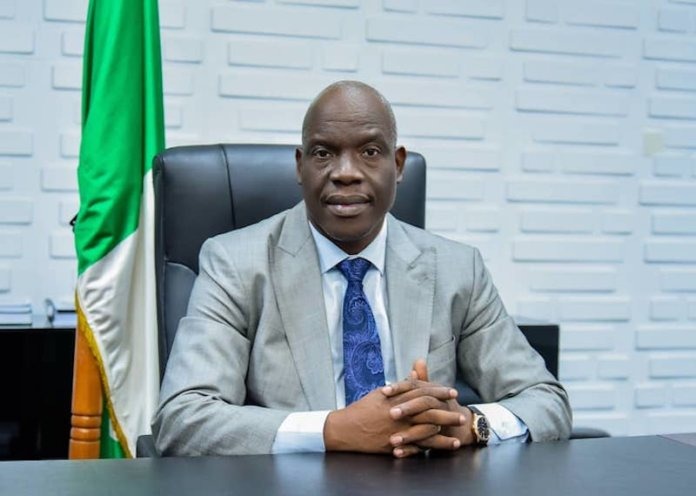The Nigerian Upstream Petroleum Regulatory Commission (NUPRC) has initiated a rigorous screening process to evaluate bidders for oil block licenses, assessing their technical and operational capacities. This examination is part of NUPRC’s efforts to ensure that only capable operators are awarded oil blocks to maximize productivity and manage Nigeria’s resources efficiently.
According to the NUPRC, the technical screening aims to verify that prospective bidders have the expertise, technology, and operational resources required to explore and develop the oil blocks effectively. The commission is assessing whether bidders have sufficient financial stability, workforce expertise, and adherence to environmental standards. The bidding process is part of Nigeria’s push to revitalize its oil and gas sector by attracting experienced and well-equipped companies that can enhance oil production and contribute to the national economy.

Technical Capacity as a Key Criterion
As the oil and gas sector faces increasing complexities, technical capability is crucial for companies seeking exploration licenses. The NUPRC is focusing on applicants’ technological infrastructure, safety protocols, and ability to comply with environmental regulations. This approach is aligned with the NUPRC’s commitment to promoting sustainable practices within the sector and safeguarding Nigeria’s natural resources.
The NUPRC has indicated that bidders lacking the necessary technological and environmental safeguards will be disqualified, reflecting the commission’s commitment to safety, environmental integrity, and operational excellence.
Financial Viability and Compliance
In addition to technical capacity, NUPRC is also considering bidders’ financial health to ensure they can meet the investment requirements associated with oil exploration. This criterion is particularly vital for projects that demand significant upfront capital and long-term financial commitments.
Additionally, NUPRC has set stringent guidelines for compliance with Nigeria’s Petroleum Industry Act (PIA). The act, which was implemented to reform the oil and gas sector, mandates sustainable practices and requires companies to engage with local communities. Bidders must demonstrate a commitment to these principles to proceed in the selection process.
Environmental and Social Responsibility
The NUPRC’s evaluation includes scrutiny of environmental and social responsibility standards. As global attention shifts towards sustainable energy practices, Nigeria’s regulatory body is determined to minimize the environmental impact of oil exploration. Bidders are being evaluated on their environmental management plans, waste disposal practices, and efforts to reduce carbon emissions. The commission is also assessing their track record in managing relationships with local communities, a key aspect of ensuring the sustainable development of oil resources.
Driving Nigeria’s Oil Sector Forward
The NUPRC’s stringent screening process reflects the commission’s aim to drive growth and efficiency in Nigeria’s oil sector. By setting high standards for technical competence, financial stability, and environmental responsibility, the NUPRC hopes to attract operators who will not only maximize output but also contribute to a more resilient and sustainable industry. This approach aligns with Nigeria’s broader goals of boosting oil production, attracting foreign investment, and ensuring that the oil sector remains a significant contributor to the nation’s economy.
Once the screening is complete, selected bidders will proceed to the next stage of the licensing process.
Support InfoStride News' Credible Journalism: Only credible journalism can guarantee a fair, accountable and transparent society, including democracy and government. It involves a lot of efforts and money. We need your support. Click here to Donate
